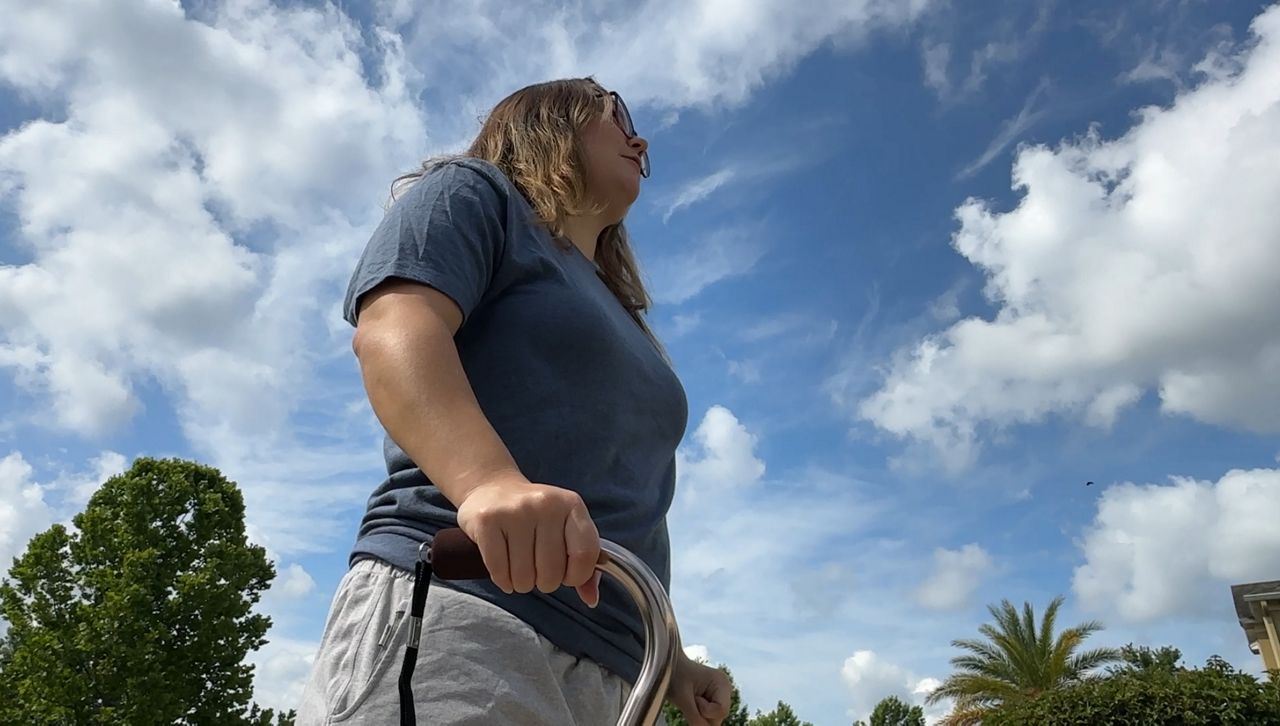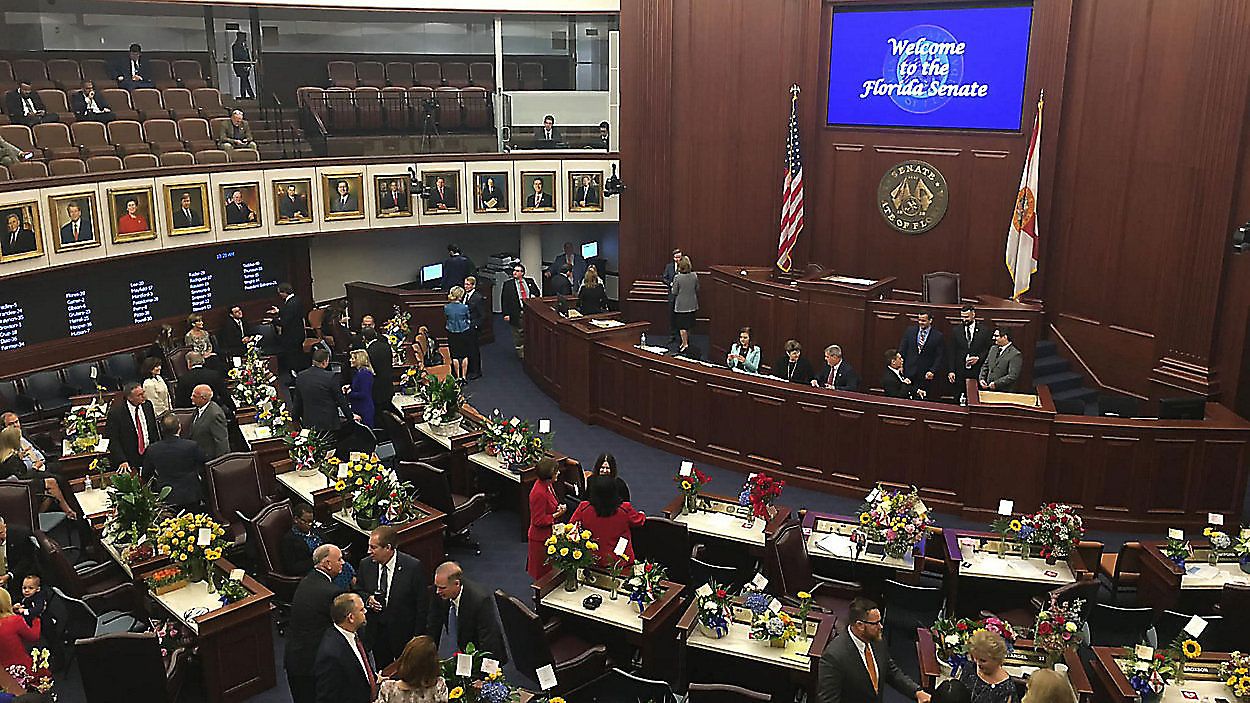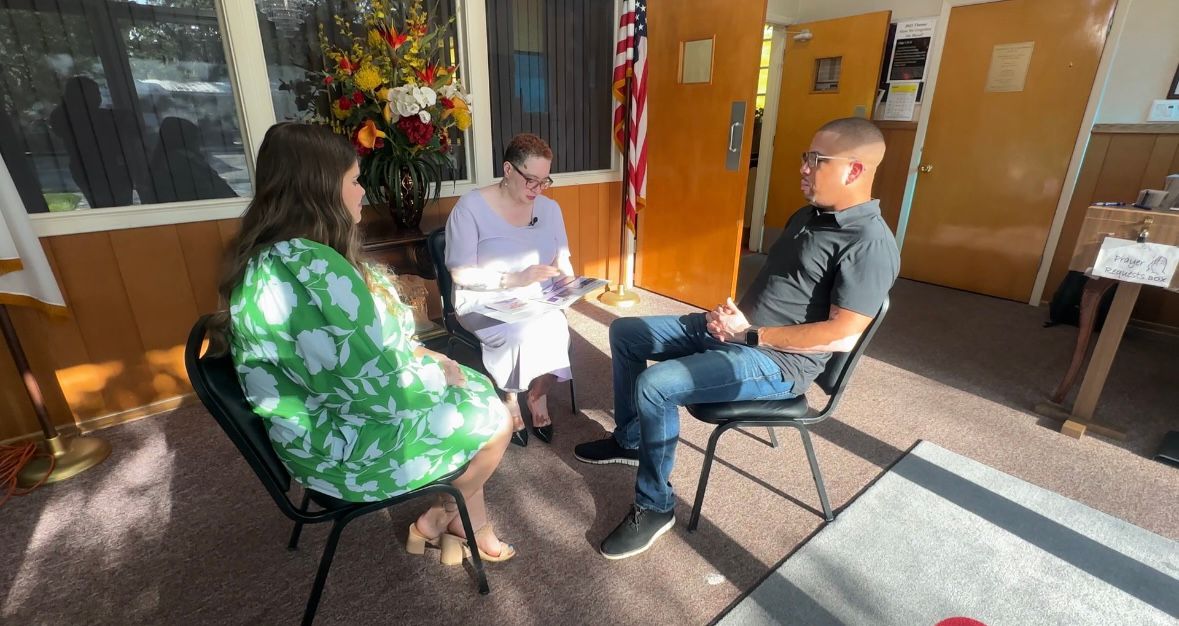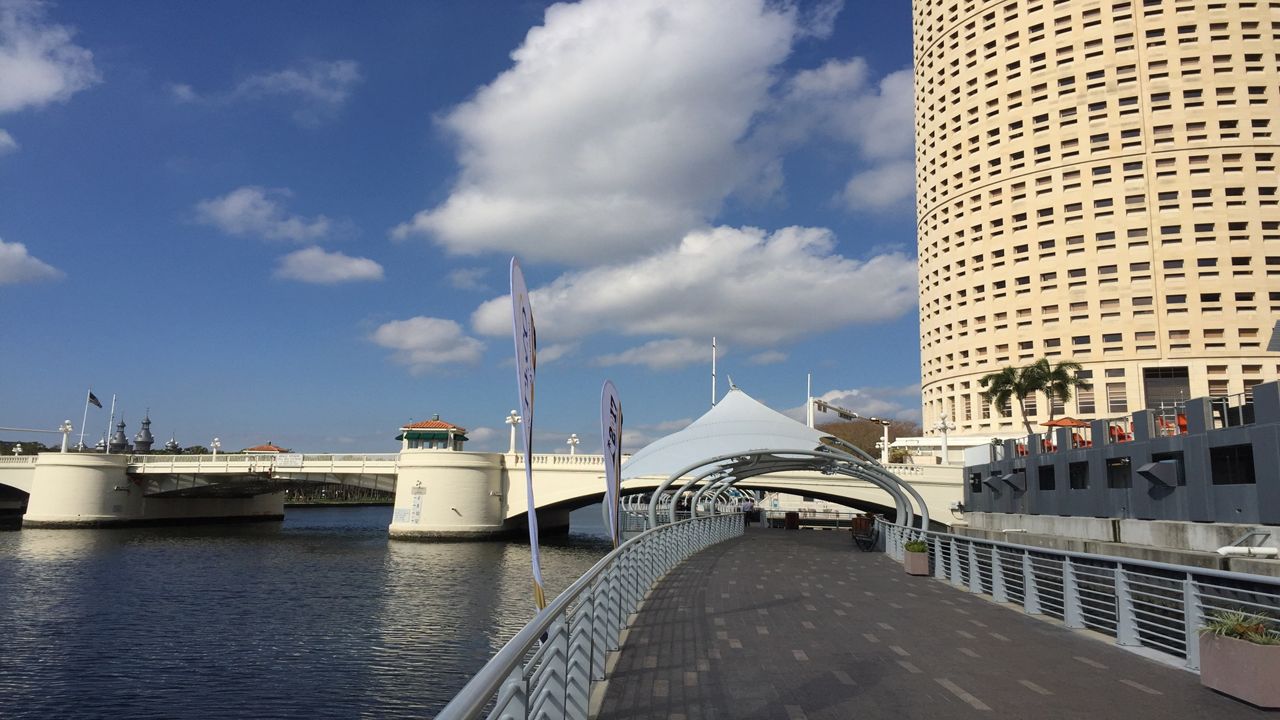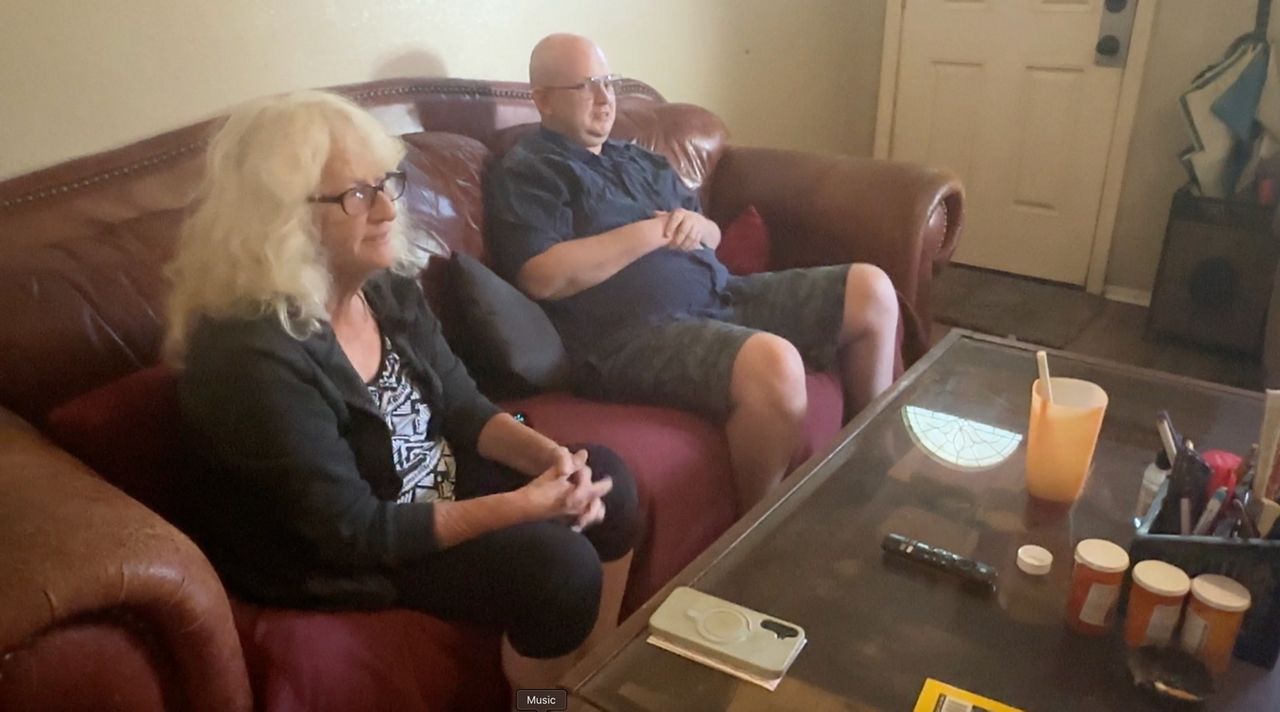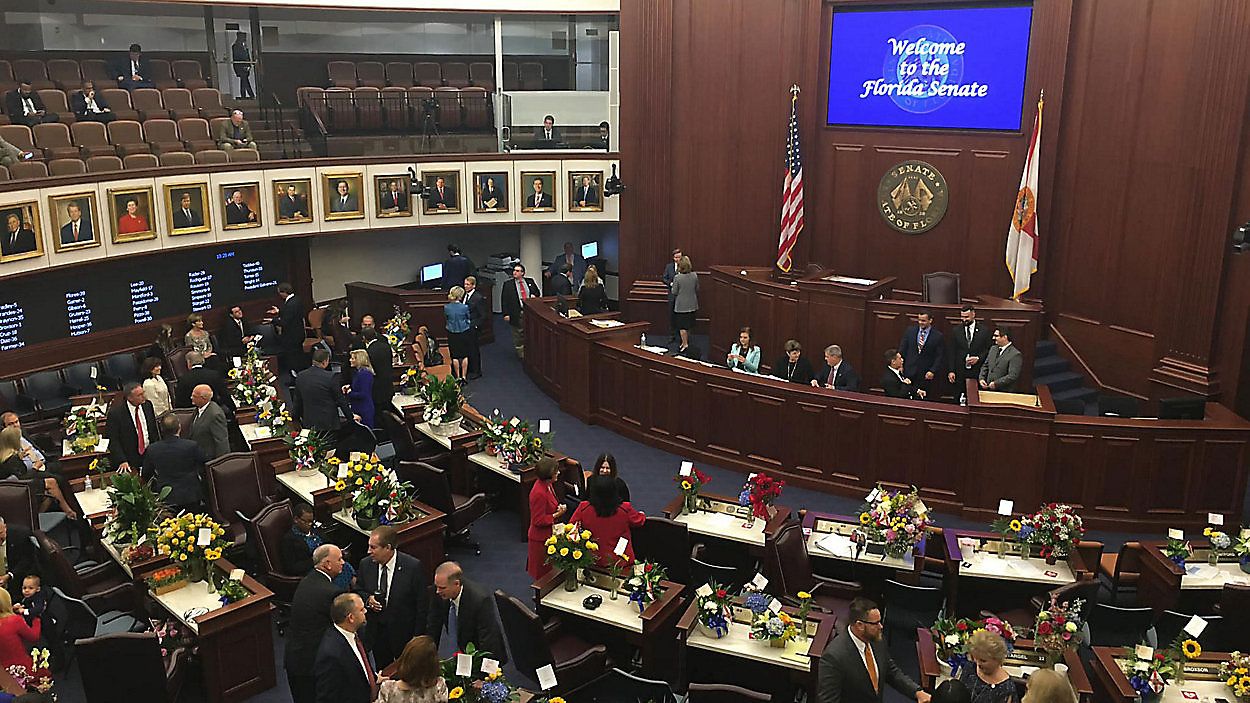TAMPA, Fla. — Two years ago, a Seminole Heights neighbor called attention to a townhome construction project they said was being built too close to the road and existing homes.
First, a stop-work order was issued, and then the developer requested a design exception. The dispute ultimately ended up in court.
When Marcus Leinhard built his home on West Paris Street six years ago, he says he followed all city codes.
“I would have liked my house to be positioned further forward, out of love, allowing for a bigger backyard and a space for a pool for the kids. Unfortunately, it just didn’t work out. We were limited by the yard, and we had to fit what the city told us correctly. Here, it’s just the complete opposite,” he said.
He raised concerns about it in 2023, when he first toured the construction site.
“You can kind of see how it kind of looms over the rest of the houses. And you look at this side of the street, the houses are substantially further back,” he added.
The developer was cited for code violations and accused of obtaining permits with misleading information. The city also issued a stop-work order.
“Posted that stop-work order and the developer continued to develop and finished the houses,” said Leinhard.
The homes have remained unoccupied since being built because a certificate of occupancy was not approved. A judge’s ruling further supported the city council’s opinion that the 15-foot build-to-lines at 408 and 410 West Paris Street were not valid and should conform to a 20-foot build-to-line.
“They do have a case that they have won,” he added.
The developer filed a lawsuit against the city of Tampa. A special magistrate found that the city’s policies on setbacks and build-to-lines were unclear, which created some uncertainty about whether the developer might have acted improperly.
Last Thursday, the City Council voted 4 - 3 to approve a settlement agreement, which gives the developer concessions and states:
“Within ten (10) days of the city issuing certificates of occupancy, building permits, and a sidewalk fee, the developer will file a notice to dismiss the lawsuit.”
Leinhard says this sets a bad precedence.
“We're now going to have other houses with build-to-lines that are not compatible with the overlay district here or the code, as it has been applied to all the other houses in the neighborhood,” he said.
He says cases like this disenfranchise homeowners who have long-term investments in this community.
The proposed settlement agreement does not involve the payment of any city funds. Because the lawsuit has not yet been dismissed, the city spokesman says they will not comment on this case.







